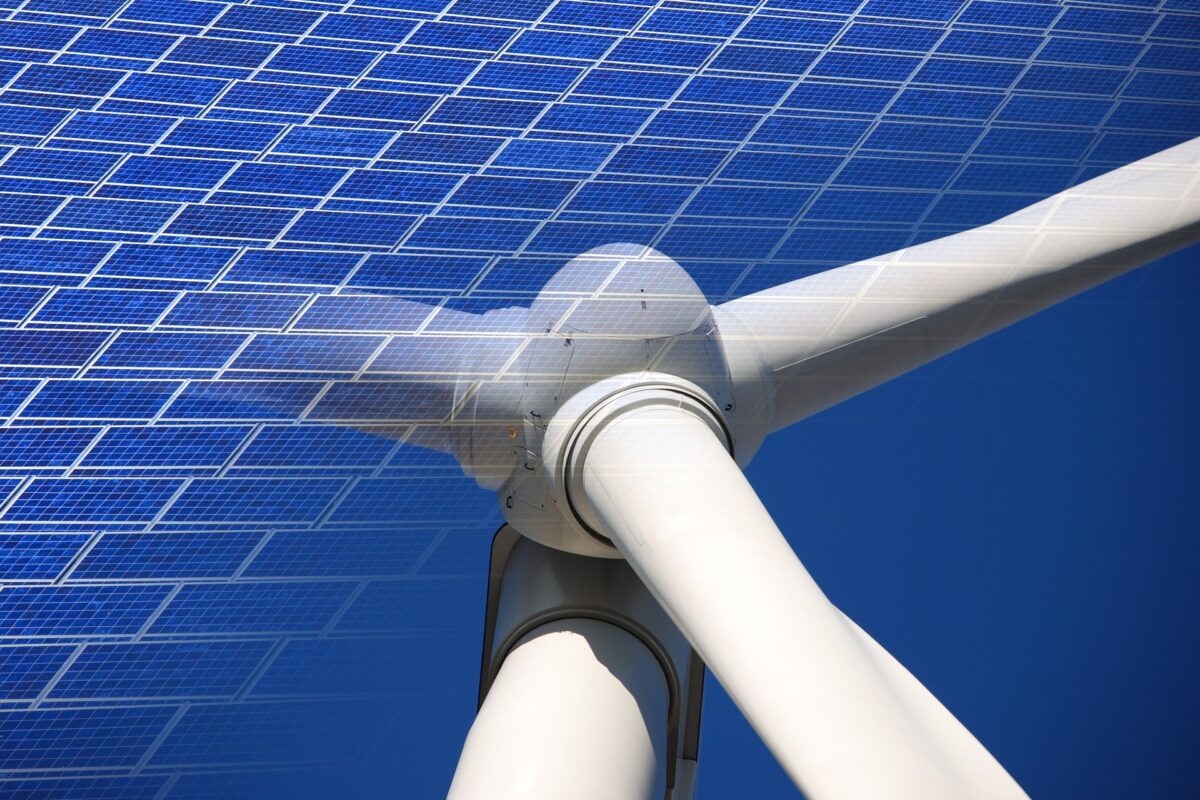More than 70% of Nevadans voted to take the first step to eliminate electricity monopolies in the state, striking a damaging blow to NV Energy’s longtime desire to hamper the solar industry within its service areas.
Question 3, the constitutional amendment initiative that passed so overwhelmingly, would enshrine Nevadans’ rights to choose their energy provider and generate their own power for resale in the state’s constitution.
Despite overwhelming support for the measure — out of more than a million votes passed, Question 3 received 72.4 percent of the vote — the amendment will not go into effect immediately. It must be voted on by the legislature, which will meet again starting in February 2017 and, if approved, will not go into effect until 2018.
Question 3 is in stark contrast to the utility-concocted Florida ballot initiative, which would have strangled the solar industry in its crib. Voters in the Sunshine State voted its amendment down, scoring another victory for the solar industry.
As Nevada law is currently written, utility companies can establish monopolies within their geographic service areas. This arcane system was originally put in place to encourage to encourage electrical-infrastructure development in the Silver State.
Unfortunately, the outdated law has allowed NV Energy currently controls 90 percent of the state’s energy market. With such virtually unlimited power, NV Energy has fought solar energy development tooth-and-nail.
Last December, after significant lobbying by NV Energy, the Nevada Public Utilities Commission (PUCN) dismantled the state’s net-metering policy. Major national solar installers pulled out of the state, leaving customers wondering who would service and care for the arrays they had just installed.
PUCN has since reversed the most egregious aspect of the changes to the policy, by grandfathering more than 30,000 PV system owners under the old rules — but the decision set the solar industry back significantly in the state.
This content is protected by copyright and may not be reused. If you want to cooperate with us and would like to reuse some of our content, please contact: editors@pv-magazine.com.








By submitting this form you agree to pv magazine using your data for the purposes of publishing your comment.
Your personal data will only be disclosed or otherwise transmitted to third parties for the purposes of spam filtering or if this is necessary for technical maintenance of the website. Any other transfer to third parties will not take place unless this is justified on the basis of applicable data protection regulations or if pv magazine is legally obliged to do so.
You may revoke this consent at any time with effect for the future, in which case your personal data will be deleted immediately. Otherwise, your data will be deleted if pv magazine has processed your request or the purpose of data storage is fulfilled.
Further information on data privacy can be found in our Data Protection Policy.